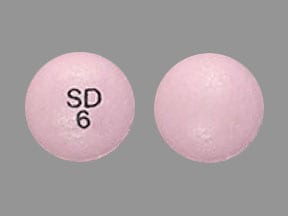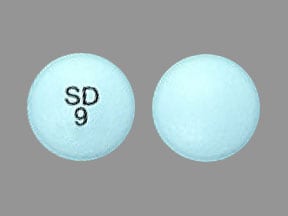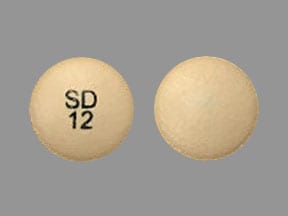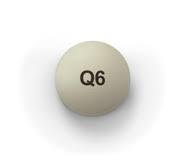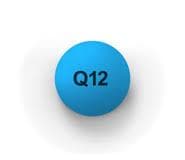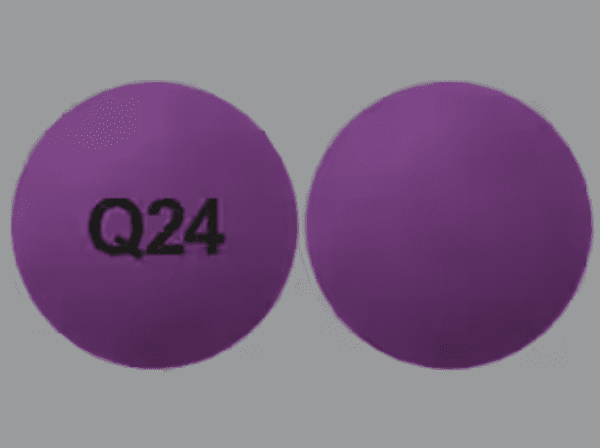What is Austedo?
Austedo is a prescription medicine that is used to treat:
- the involuntary movements (chorea) of Huntington’s disease. Austedo does not cure the cause of the involuntary movements, and it does not treat other symptoms of Huntington’s disease, such as problems with thinking or emotions.
- movements in the face, tongue, or other body parts that cannot be controlled (tardive dyskinesia).
It is not known if Austedo is safe and effective in children.
What is the most important information I should know about Austedo?
- Austedo can cause serious side effects in people with Huntington’s disease, including:
- depression
- suicidal thoughts
- suicidal actions
- Do not start taking Austedo if you have Huntington’s disease and are depressed (have untreated depression or depression that is not well controlled by medicine) or have suicidal thoughts.
- Pay close attention to any changes, especially sudden changes, in mood, behaviors, thoughts, or feelings. This is especially important when Austedo is started and when the dose is changed.
Call your healthcare provider right away if you become depressed or have any of the following symptoms, especially if they are new, worse, or worry you:
- feel sad or have crying spells
- lose interest in seeing your friends or doing things you used to enjoy
- sleep a lot more or a lot less than usual
- feel unimportant
- feel guilty
- feel hopeless or helpless
- feel more irritable, angry, or aggressive than usual
- feel more or less hungry than usual or notice a big change in your body weight
- have trouble paying attention
- feel tired or sleepy all the time
- have thoughts about hurting yourself or ending your life
Who should not take Austedo?
Do not take Austedo if you:
- have Huntington’s disease and are depressed or have thoughts of suicide. See “What is the most important information I should know about Austedo?”
- have liver problems.
- are taking a monoamine oxidase inhibitor (MAOI) medicine. Do not take an MAOI within 14 days after you stop taking Austedo. Do not start Austedo if you stopped taking an MAOI in the last 14 days. Ask your healthcare provider or pharmacist if you are not sure.
- are taking reserpine. Do not take medicines that contain reserpine (such as Serpalan and Renese-R) with Austedo. If your healthcare provider plans to switch you from taking reserpine to Austedo, you must wait at least 20 days after your last dose of reserpine before you start taking Austedo.
- are taking tetrabenazine (Xenazine). If your healthcare provider plans to switch you from tetrabenazine (Xenazine) to Austedo, take your first dose of Austedo on the day after your last dose of tetrabenazine (Xenazine).
- are taking valbenazine (Ingrezza).
What should I tell my healthcare provider before taking Austedo?
Before taking Austedo, tell your healthcare provider about all of your medical conditions, including if you:
- have emotional or mental problems (for example, depression, nervousness, anxiety, anger, agitation, psychosis, previous suicidal thoughts or suicide attempts).
- have liver disease.
- have an irregular heart rhythm or heartbeat (QT prolongation, cardiac arrhythmia) or a heart problem called congenital long QT syndrome.
- have low levels of potassium or magnesium in your blood (hypokalemia or hypomagnesemia).
- have breast cancer or a history of breast cancer.
- are pregnant or plan to become pregnant. It is not known if Austedo can harm your unborn baby.
- are breastfeeding or plan to breastfeed. It is not known if Austedo passes into breast milk.
Tell your healthcare provider about all of the medicines you take, including prescription and over-the-counter medicines, vitamins, and herbal supplements.
Taking Austedo with certain other medicines may cause side effects. Do not start any new medicines while taking Austedo without talking to your healthcare provider first.
How should I take Austedo?
- Take Austedo exactly as your healthcare provider tells you to take it.
- Take Austedo by mouth and with food.
- Swallow Austedo tablets whole with water. Do not chew, crush, or break Austedo tablets before swallowing. If you cannot swallow Austedo tablets whole, tell your healthcare provider. You may need a different medicine.
- If your dose of Austedo is 12 mg or more each day, take Austedo tablets 2 times a day in equal doses with food.
- Your healthcare provider will increase your dose of Austedo each week for several weeks, until you and your healthcare provider find the right dose for you.
- Tell your healthcare provider if you stop taking Austedo for more than 1 week. Do not take another dose until you talk to your healthcare provider.
What should I avoid while taking Austedo?
Sleepiness (sedation) is a common side effect of Austedo. While taking Austedo, do not drive a car or operate dangerous machinery until you know how Austedo affects you. Drinking alcohol and taking other drugs that may also cause sleepiness while you are taking Austedo may increase any sleepiness caused by Austedo.
What are the possible side effects of Austedo?
Austedo can cause serious side effects, including:
- Depression and suicidal thoughts or actions in people with Huntington’s disease. See “What is the most important information I should know about Austedo?”
- Irregular heartbeat (QT prolongation). Austedo increases your chance of having certain changes in the electrical activity in your heart. These changes can lead to a dangerous abnormal heartbeat. Taking Austedo with certain medicines may increase this chance.
- If you are at risk of QT prolongation, your healthcare provider should check your heart before and after increasing your Austedo dose above 24 mg a day.
- Neuroleptic Malignant Syndrome (NMS). Call your healthcare provider right away and go to the nearest emergency room if you develop these signs and symptoms that do not have another obvious cause:
- high fever
- problems thinking
- increased sweating
- stiff muscles
- very fast or uneven heartbeat
- Restlessness. You may get a condition where you feel a strong urge to move. This is called akathisia.
- Parkinsonism. Symptoms of parkinsonism include: slight shaking, body stiffness, trouble moving, trouble keeping your balance, or falls.
The most common side effects of Austedo in people with Huntington’s disease include:
- sleepiness (sedation)
- diarrhea
- tiredness
- dry mouth
The most common side effects of Austedo in people with tardive dyskinesia include:
- inflammation of the nose and throat (nasopharyngitis)
- problems sleeping (insomnia)
These are not all the possible side effects of Austedo. Call your doctor for medical advice about side effects. You may report side effects to FDA at 1-800-FDA-1088.
Austedo Images
General information about the safe and effective use of Austedo
Medicines are sometimes prescribed for purposes other than those listed in a Medication Guide. Do not use Austedo for a condition for which it was not prescribed. Do not give Austedo to other people, even if they have the same symptoms you have. It may harm them. You can ask your pharmacist or healthcare provider for information about Austedo that is written for health professionals.
How should I store Austedo?
- Store Austedo tablets at room temperature, between 68°F to 77°F (20°C to 25°C).
- Keep the bottle tightly closed to protect Austedo from light and moisture.
Keep Austedo tablets and all medications out of reach of children.
What are the ingredients in Austedo?
Active ingredient: deutetrabenazine
Inactive ingredients: ammonium hydroxide, black iron oxide, n‑butyl alcohol, butylated hydroxyanisole, butylated hydroxytoluene, magnesium stearate, mannitol, microcrystalline cellulose, polyethylene glycol, polyethylene oxide, polysorbate 80, polyvinyl alcohol, povidone, propylene glycol, shellac, talc, titanium dioxide, and FD&C blue #2 lake. The 6 mg tablets also contain FD&C red #40 lake. The 12 mg tablets also contain FD&C yellow #6 lake.
For more information, go to www.AUSTEDO.com or call 1-888-483-8279.

